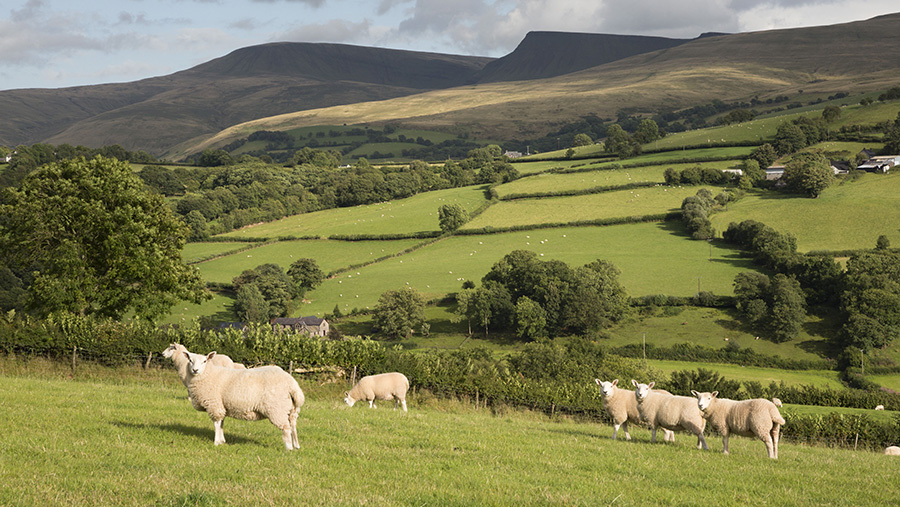
This week, the Royal Welsh Show celebrated its 100th anniversary at its home in Builth Wells. Founded in 1919, it has grown to be the biggest agricultural event in Europe, with over one thousand stands attracting nearly a quarter of a million people annually. More relevantly, it reminds us every year of how important our relationship is with the land, especially in terms of both farming and the food industry.
That is why it was timely that earlier this month, the Royal Society for Arts and Commerce (RSA) published the report from its independent inquiry from its Food, Farming and Countryside Commission.
This was established in 2017 to examine the bigger challenges facing the food, farming and countryside sector, including the impact of climate change, breakdown in the ecosystem and rising rates of diet-related ill health.
The inquiry also wanted to examine the impact of policies such as the drive to produce cheaper food which has led to lower farm gate prices (and the consequential impact on the rural economy) whilst, paradoxically, resulting in the UK having the highest food insecurity in Europe.
One of the key findings was with regard to the production of healthy food including higher quality fruit and vegetables as well as supporting sustainably-produced pasture-fed livestock to make the best of the UK landscape and climate. In fact, the RSA Commission argued strongly for health to be put at the heart of the food system in the UK through a number of measures.
These include a commitment to diversify the UK supply of food from UK sustainable agriculture (there is currently a reliance on just five breeds of animal and twelve crops for more than 75% of the food we eat), getting manufacturers to then use them in more everyday foods, and dealing with food waste - one third of all food at a cost of £13 billion is thrown away every year.
This would be complemented by ensuring that procurement of UK foods would be the best in the world with a commitment for public bodies to source 40% of their food from local sources by 2021 and grow this to 80% within seven years.
Another major recommendation was for policymakers to recognise that farming is a force for change but to achieve this, it must become more sustainable over time and farmers in the driving seat to design and lead the change. Of course, this will not be easy but when asked, farmers identified a number of priorities for changing the industry.
This included a clear and reliable framework to unlock investment and allow strategic planning for the future of each farm and the industry as whole, technical, business and social support their peers, and more innovative financing solutions from lenders to share the risk in investing in their farms over the long term.
More crucially, they wanted fair prices, stable markets and a decent income from their produce so they could save, plan and reinvest.
Finally, the RSA recognised that the countryside of the future must be one that works for everyone and that rural communities could, and should, be the powerhouse for a greener economy.
Everyone in Wales knows how the beauty of our rural landscape contributes to our economy, society and sense of community. Indeed, it is increasingly recognised that access to the countryside is crucial for wellbeing and that this could help to sustain those rural economies that are facing an exodus of young people as they look for well paid jobs that are usually unavailable outside the urban parts of Wales.
To achieve this, the RSA recommends greater investment in the skills and the infrastructure that underpin the rural economy as well as developing sustainable solutions to meet rural housing need e.g. launching a national initiative for rural parishes to locate small plots of land suitable for small-scale development for local people.
Therefore, as a new UK Government is established in Westminster, one would hope that some of these recommendations will be taken forward as we get a potentially more radical approach to policymaking as promised by the incoming Prime Minister.
However, with the devolved administrations now being responsible for many of the areas covered in the RSA report, there is also no reason why the Welsh Government could not adopt the vast majority of these recommendations and develop a new and bold agenda for the food and farming industry in Wales.
And by working with farmers, businesses and other key stakeholders, it can finally ensure that our countryside, so long a vital part of the Welsh national psyche, is utilised positively for a new industrial revolution that changes the way we eat, our health and, more importantly, the future of our rural communities.